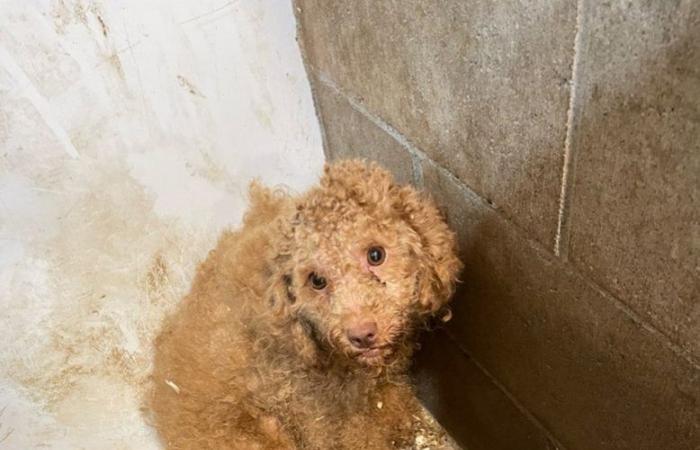TORONTO — Puppy mills are now illegal in Ontario, after the province recently passed a law banning them. Critics, however, believe that this law will do little to stem the problem it is intended to address.
The Unethical Puppy Sales Prevention Act, or PUPS Act, was strengthened after animal advocates leveled scathing criticism of the original bill.
People found guilty of operating puppy mills in the province will now face a minimum fine of $10,000; it will be $25,000 for causing the death of a dog. These penalties can be multiplied for each dog, potentially creating significant fines.
Under the new law, the province made inbreeding, the breeding of a female dog more than three times in a two-year period or a female dog less than a year old, illegal. The new law also makes it illegal to be a broker for puppy mills, something not in the original bill.
The province’s animal protection services enforce animal cruelty laws through their inspectors, who number about 100, but there is no new money or inspectors specializing in puppy mills to enforce the new rules.
“Important step forward”
The new law is “an important step forward toward stopping puppy mills,” said Solicitor General Michael Kerzner.
“With this new tool, I am confident that our animal welfare staff will be able to hold bad actors accountable,” he added.
The government is currently developing regulations and may further strengthen the law in the future.
Jess Dixon, a Progressive Conservative MP and former Crown prosecutor who prosecuted animal welfare cases, helped craft the new law.
“Previously, the risk/reward ratio of unethical breeding was quite low,” she said. You could get a pretty big reward selling these dogs for thousands of dollars with very little overhead and very little risk of anything happening to you.”
The new fines pose “a significant financial risk,” she said.
“It really gives it some bite.”
Easier in court
The new law also aims to make life a little easier for Crown prosecutors prosecuting animal cruelty cases.
Ms. Dixon testified that she has long been frustrated as a Crown prosecutor prosecuting animal cruelty cases, whose trials can be much longer and much more complex than traffic cases heard in the same court. provincial offences. Disappointment often came at sentencing, she said, where fines for animal cruelty cases ranged from $200 to $500.
Mandatory minimum sentences should change that and help both prosecutors and animal welfare inspectors, she said.
“It’s very difficult to do a job every day where you feel like your efforts are going nowhere,” Ms. Dixon said.
Dogs always lose
Despite the new law and tough talk from the government, animal rights activists say little will change for dogs. Many have called for a dog breeding licensing regime, something the province is not interested in creating at this time.
“The law is great and I think it’s a step in the right direction. However, as it stands, it’s going to be very difficult to enforce,” said Lynn Perrier of Reform Advocates for Animal Welfare.
“Ontario needs breeders to be licensed, because until they are, the government has no way of knowing where these puppy mills are.”






